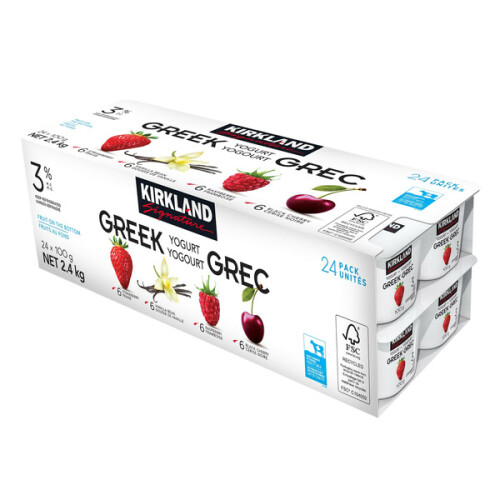Loblaw plans to cut costs by using reused fixtures like shelves and cash lanes, reducing operating hours, limiting marketing, and eliminating flyers. “Running a traditional grocery store can be expensive, but by reducing our building and operating costs, as well as the overall complexity of the store, we do believe that we can deliver meaningful savings,” said Per Bank, Loblaw’s CEO and president, in a statement to The Canadian Press.
These stores are expected to offer prices up to 20 percent lower than nearby discount stores, with around two-thirds of items priced under $5. Nearly 60 percent of the products will be No Name or President’s Choice brands.
Retail analyst Bruce Winder believes that reusing fixtures and adjusting operating hours could translate into better prices for consumers. The inventory will also differ, with only 1,300 items available compared to 7,000 at smaller No Frills locations. The product selection will include frozen foods, packaged bakery items, produce, and pantry staples, but will exclude refrigerated goods like dairy or fresh meat.
Winder suggests that Loblaw may be employing an “80-20” model, focusing on the 20 percent of items that generate 80 percent of profits to stock these No Name stores. However, Michael Mulvey, an associate professor of marketing at the University of Ottawa, noted that it remains uncertain how consumer-friendly this approach will be.
Loblaw’s No Name concept isn’t entirely new. Bank had previously tested a similar smaller, simplified store model with the Basalt banner in Denmark in 2002 while at Salling Group, but the store closed after just seven months due to customers’ reluctance to shop at multiple locations. Despite this, Bank believes the idea could be successful in Canada.



